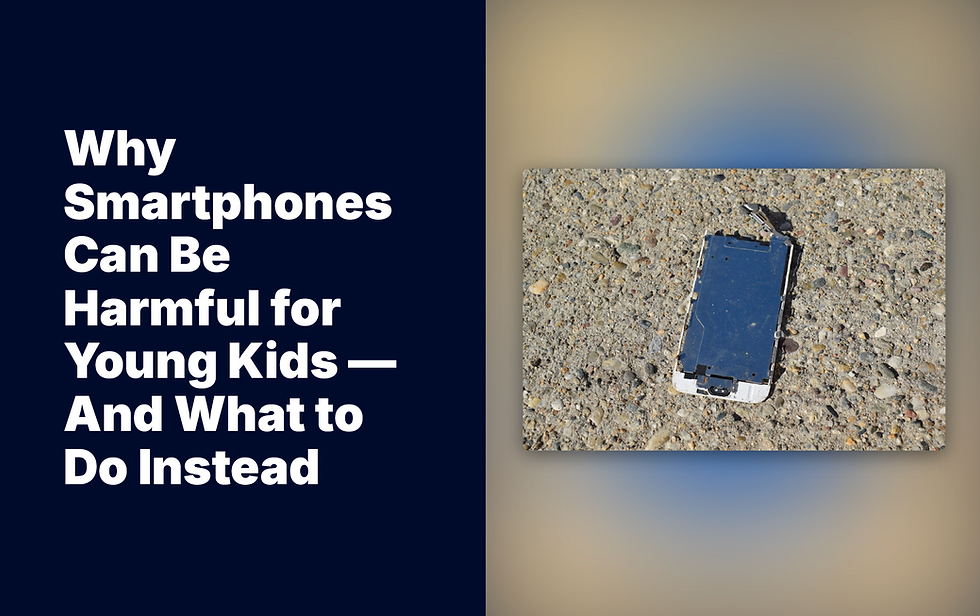Navigating the Changing Dynamics: Strengthening Relationships with Grown Children
- Jody B. Miller

- Dec 26, 2023
- 2 min read
I am writing this because I have personally had challenges with my relationships lately with two of my three grown children.
As children grow and venture into adulthood, the dynamics of the parent-child relationship inevitably change.
It's not uncommon for parents to feel a sense of disconnect or disappointment, especially when the affection and attention that once flowed freely in both directions seems to diminish.
The challenge lies in addressing these feelings constructively, without resorting to passive-aggressiveness, guilt-tripping, or outright expressions of disappointment. Here’s how you can navigate this delicate situation.
Understanding the Shift
The Evolution of Relationships
As children grow, their world expands. They develop new relationships, responsibilities, and interests. This evolution is a natural and healthy part of becoming an independent adult.
Expert Insight
According to Dr. John Townsend, a renowned psychologist, “It’s important for parents to recognize that their adult children’s independence is a sign of successful parenting, not a rejection of their upbringing.”
Communication is Key
Open, Non-Confrontational Dialogue
Initiating open and honest conversations is crucial.
Instead of expressing disappointment, ask your children about their lives, share your feelings, and listen to theirs. This approach fosters understanding and closeness.
Case Study
In a study published in the “Journal of Family Communication,” parents who practiced non-confrontational communication saw a significant improvement in their relationship with their adult children.
Setting Realistic Expectations
Understanding Their World
Recognize that your children's priorities and availability will differ from yours. Their busy schedules don't necessarily reflect a lack of affection.
Expert Opinion
Dr. Susan Newman, a social psychologist, advises, “Setting realistic expectations about the frequency of interaction can alleviate feelings of disappointment.”
Empathy and Perspective-Taking
Walking in Their Shoes
Try to see things from your children's perspective. They might be dealing with pressures and challenges unknown to you.
Case Study
A study by Dr. Brené Brown highlighted the importance of empathy in strengthening bonds. Parents who actively tried to understand their adult children’s experiences reported better relationships.
Positive Reinforcement
Acknowledging Their Efforts
When they do reach out or show affection, acknowledge and appreciate it. Positive reinforcement can encourage more frequent and meaningful interactions.
Expert Advice
As Dr. Laura Markham points out, “Positive reinforcement is as effective with adult children as it is with younger ones.”
Finding Common Ground
Shared Interests and Activities
Engage in activities or discussions that interest both of you. This can create a bridge for more regular and enjoyable interactions.
Case Study
A study in “Parenting: Science and Practice” showed that shared interests significantly improved parent-adult child relationships.
Respecting Boundaries
Mutual Respect and Independence
Respect their boundaries and encourage them to respect yours. This mutual understanding is key to a healthy adult relationship.
Expert View
Dr. Deborah Tannen, an expert in family communication, emphasizes the importance of respecting boundaries to maintain healthy relationships with adult children.
Summing It UP
Navigating the changing dynamics with your grown children can be challenging, but it's also an opportunity to build a new, mature, and fulfilling relationship.
By communicating openly, setting realistic expectations, practicing empathy, reinforcing positive interactions, finding common ground, and respecting boundaries, you can address the ‘elephant in the room’ effectively and lovingly.
Remember, the goal is not to express disappointment but to understand, adapt, and grow together as a family.




Comments